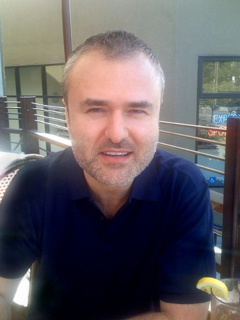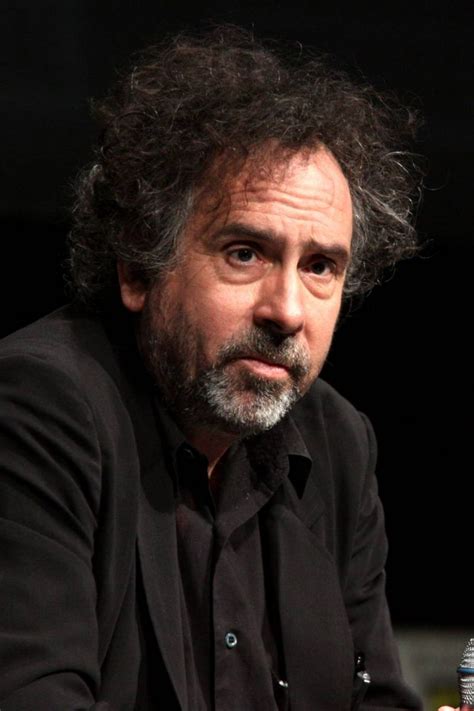A Quote by John Sculley
The launch of iPhone is very possibly bigger than the launch of the first Apple II or the first Mac. Steve Jobs's genius is his ability to use technology to create products that define fundamental cultural shifts.
Related Quotes
Apple Computer would not have reached its current peak of success if it had feared to roll the dice and launch products that didn't always hit the mark. In the mid-1990s, the company was considered washed up, Steve Jobs had departed, and a string of lackluster product launches unrelated to the company's core business.
Apple Computer would not have reached its current peak of success if it had feared to roll the dice and launch products that didn't always hit the mark. In the mid-1990s, the company was considered washed up. Steve Jobs had departed, and a string of lackluster product launches unrelated to the company's core business had failed to catch fire.
All through time in Apple products, even from our very first ones, that's how he [Steve Jobs] looked at the world, that you don't really want a piece of technology, a certain type of chip. What you want is a solution to a problem in life, some cause, some issue that you want in your life that'll help you. And it's how do you make that almost one step - say it and it happens.
In The Innovation Secrets of Steve Jobs, Carmine Gallo captures the true mindset of Jobs and Apple. This book is not just for the techie and marketing crowd, although they will gain valuable insight that can be applied to their worlds. It is also for anyone who loves technology and wants to understand how to create simple devices that are easy to use and can impact our lives.
I didn't like the tone of Steve Jobs [movie] [2015] at all. It was very ugly, kind of rude. I didn't laugh, it was very uncomfortable. It seemed like all the worst moments of his life. It was very critical of Steve Jobs as a person, and it didn't make for a comfortable viewing experience for me. But I guess I don't know who Steve Jobs is, and I guess I didn't know what I was gonna go see. I thought it was gonna be celebrating the rise of Apple, but it wasn't that at all.






























